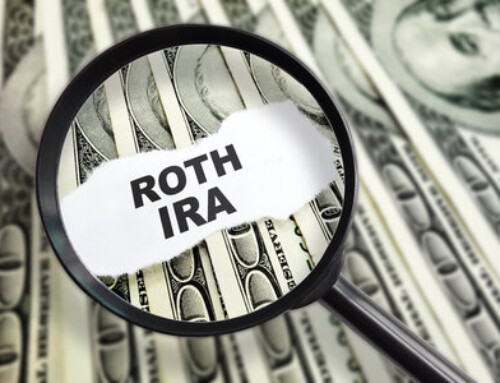 Tips for Financial Planning for Young Adults
Tips for Financial Planning for Young Adults
Beginning financial planning at a young age is just as important as it is the closer you are to retirement. In fact, the earlier you start, the better off you will be in the long run. In this article, we will go over some tips for financial planning for young adults.
1. Budget
Financial success begins with a budget. It is important to know where your money goes. You need to set limits on spending and keeping recurring expenses as low as possible. Just a few small changes can make a big difference. For example, reducing the number of times you stop at Starbucks can add up substantially.
Having a budget does not mean that you should deprive yourself. It is okay to indulge every once in a while. But you should never indulge to the point where you have nothing left over at the end of the month. When young adults get older, they will look at their financials in many different ways in relation to what they are doing.
2. Saving
Your budget and savings go hand in hand. A good budget will set things up so that you are able to have money left over to save. You should try to save as much as possible, without adversely impacting your quality of life. Try and make it a goal to save at least 10% of your salary.
However, life happens, and sometimes a big expenditure may prevent you from being able to save. Take such setbacks in stride and just try and resume your normal saving the next month.
3. Housing
When searching for housing it is very important to be modest regarding your means. That giant house or high-end apartment may look great, but don’t take on a mortgage or rent that will hinder your saving ability or cause you to rack up debt. A respectable mortgage company will work with you and your current situation to ensure that the mortgage you do end up with is realistic and you are within your means to be able to afford to pay it each month.
4. Debt
Credit is a necessary evil. Without having credit, you cannot get a loan, get approved for a mortgage, or rent an apartment. While you are trying to build credit, it is important that you do not rack up debt.
The interest rates on credit cards add up quickly. It is best practice to pay off your cards at the end of the month. Also, try saving for a large purchase instead of putting it on a credit card. And never carry more cards than you can keep track of.
5. Taxes
When you are first starting out, your income may not be substantial enough that you need to worry about your taxes. But it is important to understand how your growth in income will affect your tax rate.
Even if you think your taxes are simple, it is still a good idea to use a qualified tax preparer. They are usually worth the cost since they can help you to reduce your tax liability or increase your refund. Using a professional will also help you avoid mistakes that could cost you.
6. Fund Your Retirement
Saving for your retirement should start with your first full-time job. You can put away pre-tax money in a 401(k) or Traditional IRA. This will give you tax write-offs and allow you to put away more since you have not yet paid taxes on it. Employer-sponsored plans also typically offer employer matching. This means that your employer will match all, or part, of what you contribute to your retirement plan. Do not miss out on this free money. In some cases, it will allow you to double your retirement contributions.
You should also consider, the power of compound interest. Interest adds up quickly over time without you having to do anything. Here is an example of how it works. Let’s say you put $1,000 into your account and it earns 5%. This means you earn $50. Let’s say the next year you earn another 5%, you would earn $52.50, giving you a new balance of $1102.50. After 30 years of just earning 5%, you $1000 will have become $43,000.
Do not fall prey to the mentality that you are too young to start saving for retirement. The younger you start, the easier it will be for you to reach your retirement goals. It will also put less pressure on you as you age.
7. Family Planning
Before you begin expanding your family, there are several financial aspects you should take into careful consideration. Of course, you always want to make sure that you can handle the day to day burdens a larger family. You also need to make sure you can handle the long-term financial effects as well. For example, will you still have enough to retire and pay for college? Will you be able to continue saving enough? Will you be able to handle the increased health and life insurance considerations? These are just a few of the things that you should think about.
8. Get Advice
Your financial future should not be a guessing game. Seek out the help of a reliable financial planner who can help you along in the process. They will be able to analyze your finances and give you tips to help you be more successful in reaching your goals.
When looking for professional help, make sure to find someone with the proper credentials. Many financial planners operate with no education or training. Look for designation such as CFP , CRPC , or CFA . Also search for someone who charges fee-based, not on a commission. This will help ensure any advice they give is in your best interest, not in the interest of lining their pockets.
Conclusion
It is our hope that these 8 tips regarding financial planning for young adults will help you on your path o financial success. Whatever your goals may be, these tips will help you get there.
Questions or want to schedule an appointment? Contact us by clicking here.






Leave A Comment
You must be logged in to post a comment.